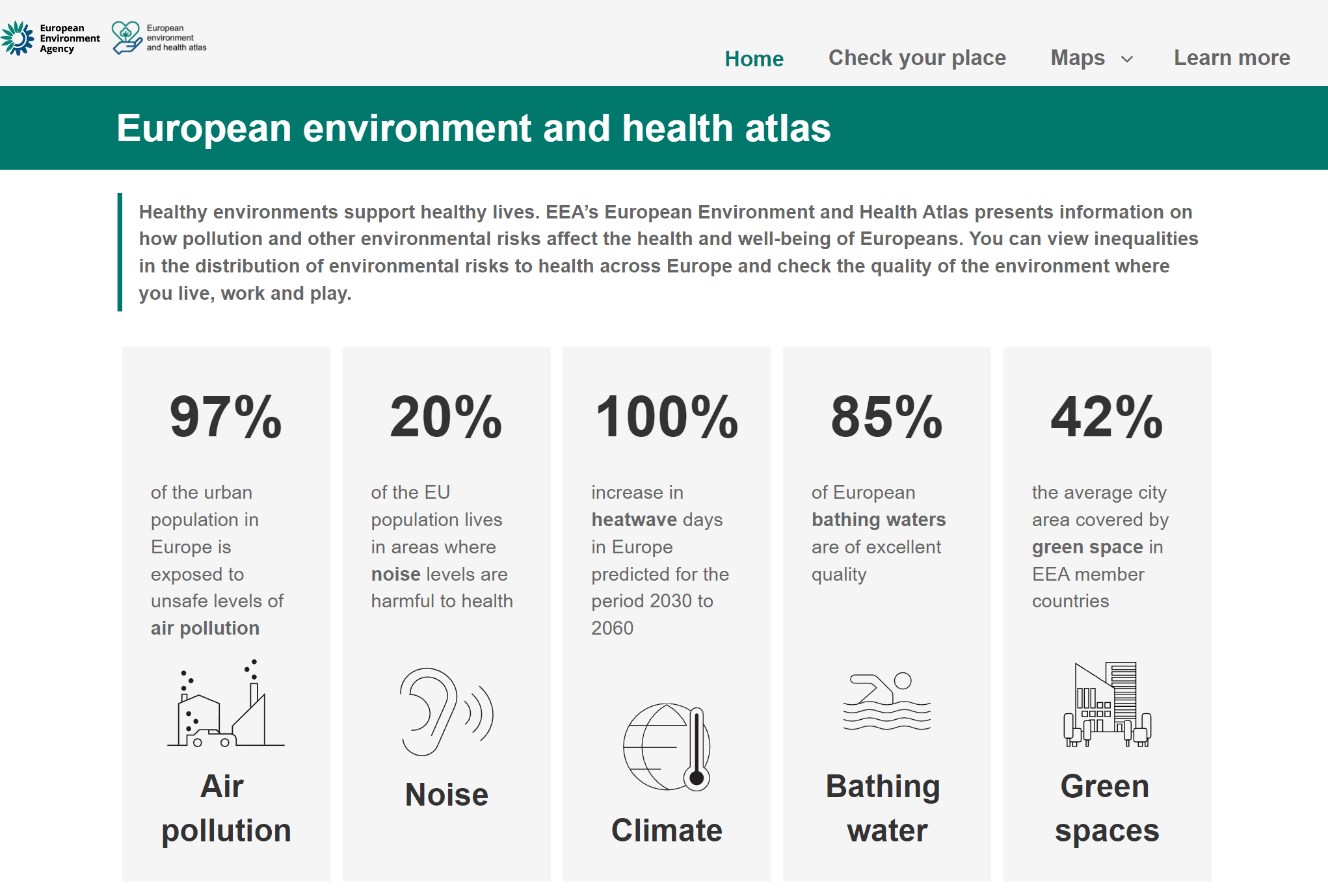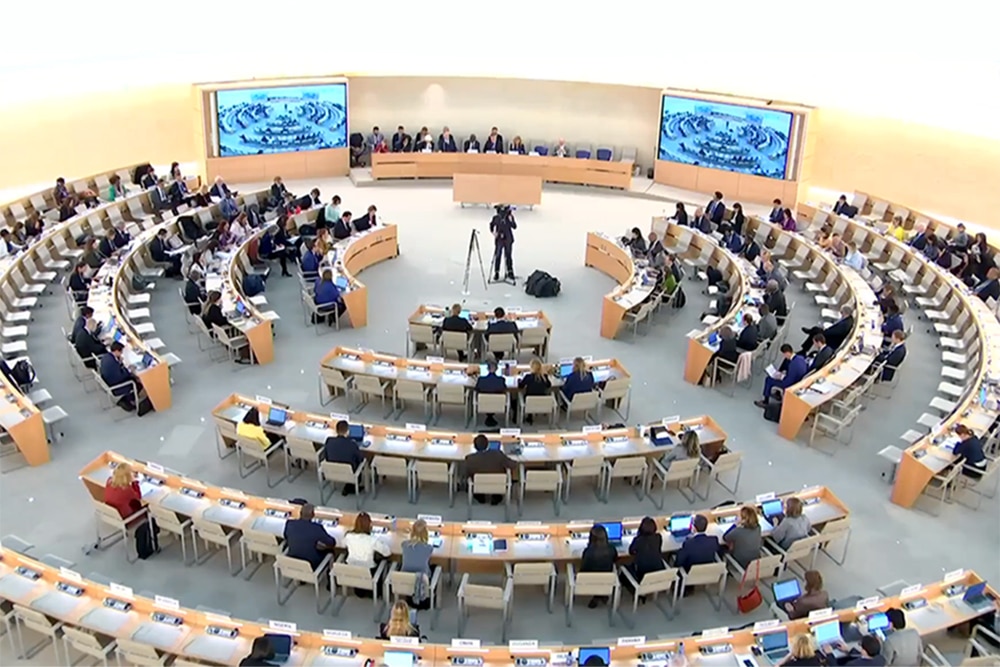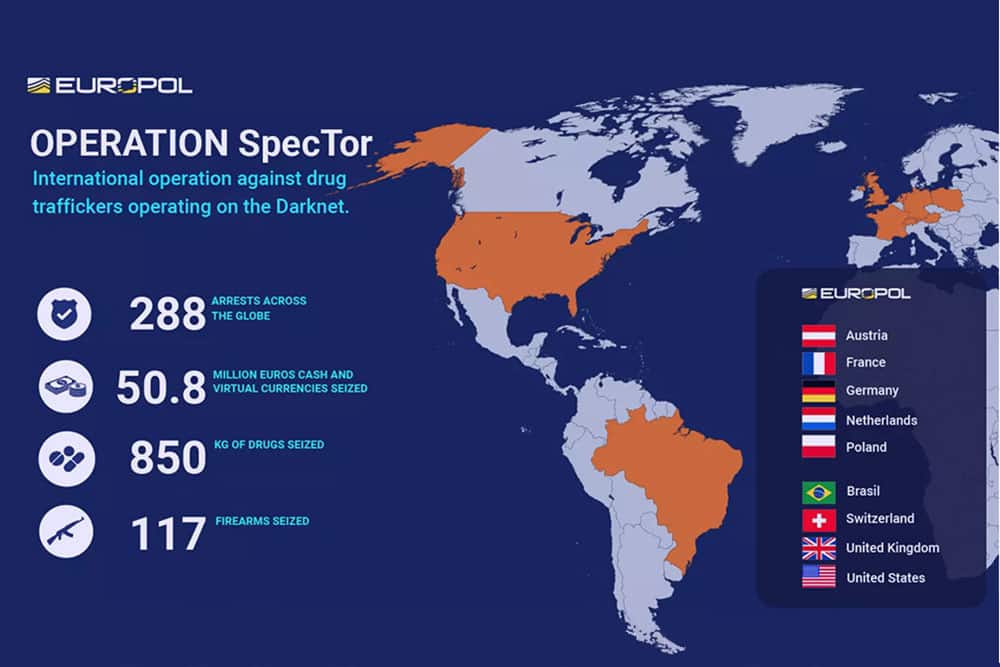The 45-year-old Palestinian died in his prison cell on Tuesday morning following a nearly three-month hunger strike. He had been protesting Israel’s widespread policy of arbitrarily detaining Palestinians in “abhorrent conditions” and in violation of fair trial guarantees.
The call for greater accountability came from the independent expert, or Special Rapporteur, on the situation of human rights in the Palestinian territories, Francesca Albanese, and the Special Rapporteur on the right to health, Tlaleng Mofokeng.
Long history of hunger strikes
Mr. Adnan began his hunger strike protest shortly after being arrested – for the last time – on 5 February, facing terrorism-related charges.
Despite the serious deterioration of his health, Israeli authorities refused to release him, or transfer him to hospital, and continued to detain him in a prison hospital facility, reportedly without providing adequate healthcare, the experts said.
The Human Rights Council-appointed experts noted that Mr. Adnan had been arrested at least 12 times in the past, spending a total of around eight years in prison, mostly in administrative detention, and had been on hunger strike five times previously.
‘Tragic testament’
“The death of Khader Adnan is a tragic testament to Israel’s cruel and inhumane detention policy and practices, as well as the international community’s failure to hold Israel accountable in the face of callous illegalities perpetrated against Palestinian inmates,” the experts said.
Hundreds held without trial
The experts noted that Israel currently holds approximately 4,900 Palestinians in its prisons, including just over 1,000 administrative detainees who are held for an indefinite period without trial or charge, based on secret information.
The number of administrative detainees in Israeli detention facilities is at its highest since 2008, despite repeated condemnation from international human rights bodies and calls for Israel to immediately end the practice.
The UN rights office OHCHR said in its press release, that many Palestinian prisoners have resorted to hunger strikes to “protest the brutality of Israel’s detention practices”.
‘Colonial’ occupation
The experts said they could not separate Israel’s prison policies, “from the colonial nature of its occupation, intended to control and subjugate all Palestinians in the territory Israel wants to control”.
“The systematic practice of administrative detention, is tantamount to a war crime of wilfully depriving protected persons of the rights of fair and regular trial”, said the two experts.
They added that it was ever more urgent for the international community to hold Israel accountable for its illegal acts in the occupied territory and stop the normalisation of war crimes.
“How many more lives will have to be lost, before an inch of justice can be delivered in the occupied Palestinian territory?” they concluded.
About the Rapporteurs
Independent human rights experts are all appointed by the UN Human Rights Council, in Geneva, under its Special Procedures.
They are mandated to monitor and report on specific thematic issues or country situations. They are not UN staff and do not receive a salary for their work.














